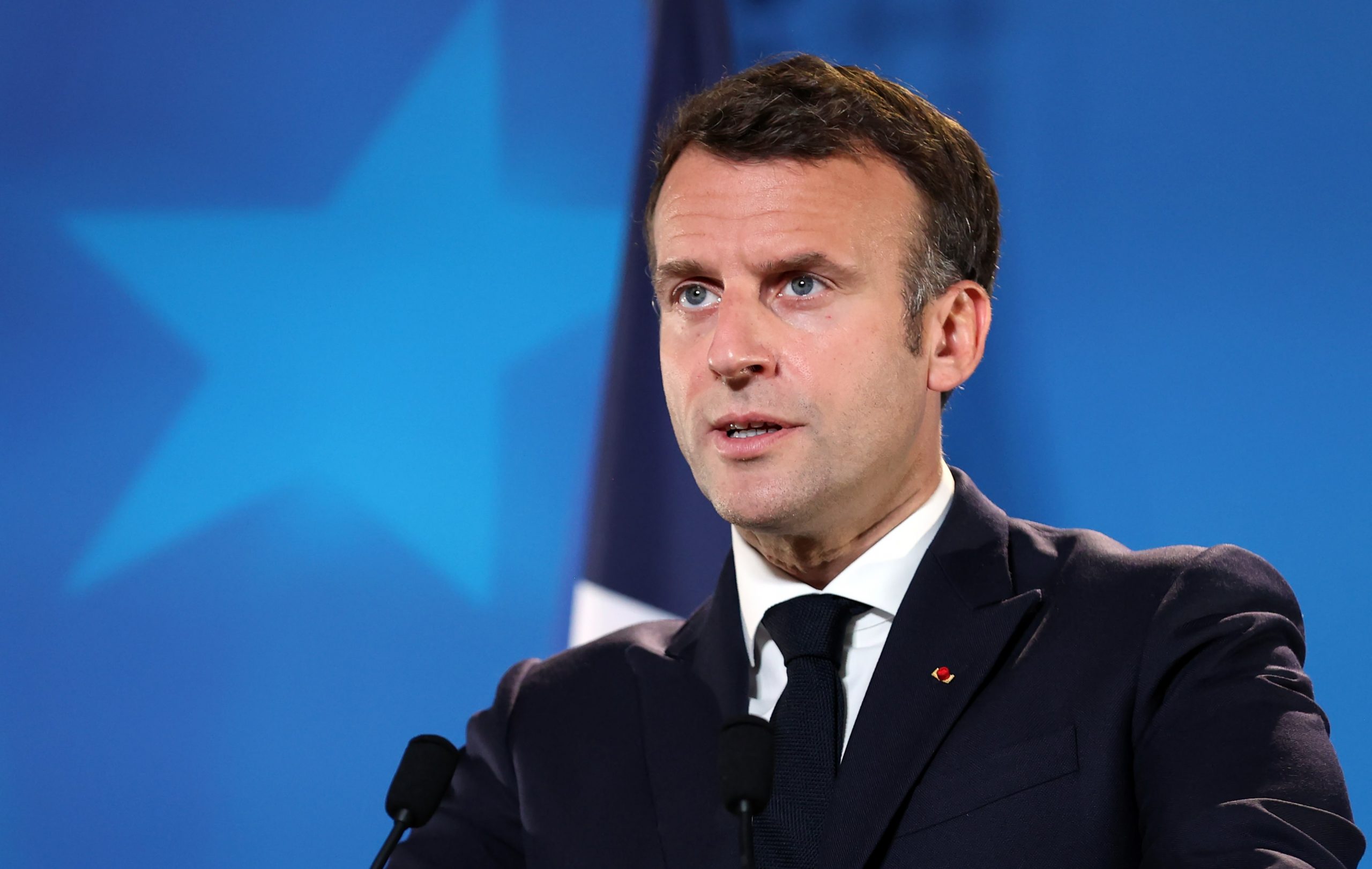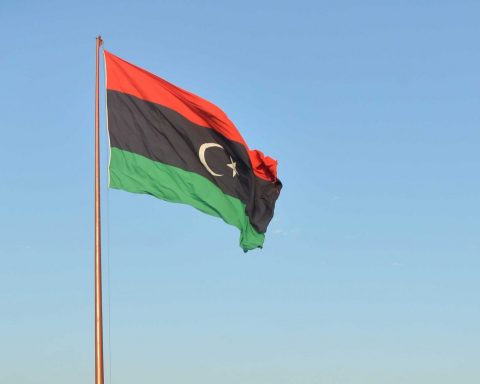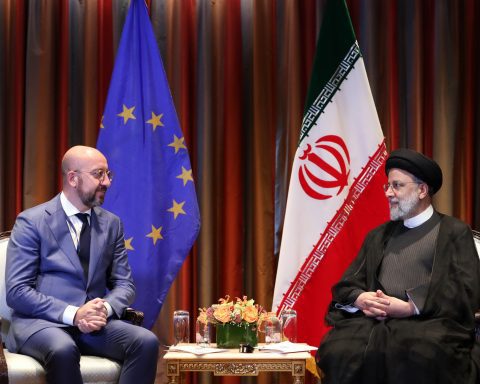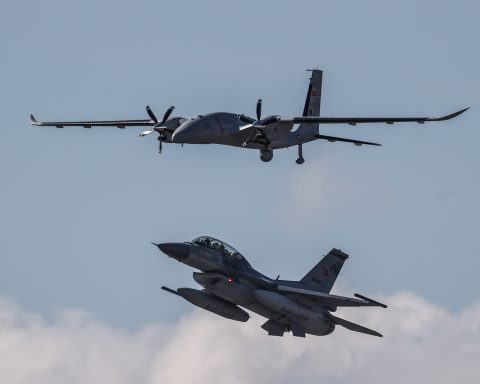In light of the ongoing diplomatic tensions between Algiers and Paris following President Macron’s cutting back on visas granted to Maghrebi citizens over the country’s vague immigration policy and his comments on the existence of an Algerian nation before the French colonization in 1832, Algeria decided to ban all French military planes over the country’s airspace on October 3. French military planes, however, have been flying over Algeria’s airspace since the launching of former President François Hollande’s Serval Operation in Mali in 2013; a military operation that is France’s “war on terror” global strategy in the Sahel.
Tired serval
The Serval Operation was extended in 2014 by the Barkhane Operation, allowing France to deploy 5000 soldiers in Mali. Though last summer, the President did decide to withdraw French troops from the Sahel, leaving only special forces based in north Mali. That will end early in 2022. Nonetheless, President Macron said Algiers’ decision to not allow French military planes to use Algeria’s airspace will have a direct impact on the Barkhane Operation mission. Meanwhile, the high-ranks of the French military did argue that Algiers’ decision would affect only the two logistic flights that were flying from the French military base in the city of Istres.
Thus, Algiers and Paris clashed recently over the new Algiers’ diplomatic dynamics in the Sahel and Algiers’ military new doctrine that was established scrupulously in Algeria’s November 2020 Constitution in Articles 30 and 31. Algiers is taking a leading role in the Malian crisis — recently; it has implicitly supported the interference of Moscow, which has angered Paris, and even Rabat, which feel that the presence of Russian auxiliary forces in Mali would trim Rabat’s wings in the Sahel.
Nevertheless, there is an anti-French sentiment manifested by local populations in Mali and Niger, a sentiment that has reached the military officials in Mali, who seem to want to change the entire military alliance towards Moscow. As a result, Paris is in a panic mode, after the semi-decline of French diplomacy that usually is a pragmatic one: a paradigm that has become difficult to qualify as Paris’ diplomacy under President Macron’s administration.
Paris, on the other hand, is relativizing the impact of Algiers’ decision, saying that French drones continue to operate regularly in the Sahel. They will be taking off from Niamey, Niger; therefore, there is no need to fly over Algerian airspace.
Exit tragedy
In this stance, the Barkhane Operation is targeting radical Islamic armed groups in the triangle area between Mali, Niger, and Burkina Faso. Militarily, the Barkhane Operation, with its special forces, needs regular manpower supply. Consequently, the decision of Algiers is still considered as a strong message for the French authorities in their “war on terror.”
Algiers has a solid say in this endless war, as they have long experience in this field that needs deep intelligence work, coordination, and direct talks with local community leaders such as Soufi (Zaouias) religious leaders. Paris and Algiers have been cooperating on this complex issue of national security for decades. Recently, French special forces have shown success in Mali, following the assassination of an al-Qaeda in Islamic Maghreb leader last year and the assassination of an ISIS in the Sahel leader last September. Both were orchestrated with the help of the Algerian intelligence service. On October 21, the French military announced the assassination of Gouma Katiba’s leader along the Malian-Burkinabe borders.
Algeria’s decision is still symbolic in sustaining the ongoing moral crisis between the two countries, where Algiers wants to slow down Paris’ role in the region. The latter still believes that the region is their safe backyard where everything is permitted.
It is a mindset shift among the leaders in Algiers as it goes in Mali, and in other African countries’ leaders and elite: a shift that is affecting these countries’ public policy implementations and new vision towards the former colonizer. The new leaders in Algiers are using their multiplication of partnership paradigm to pressure Paris further and they have stopped looking at Algeria as its former three departments so that Malian leaders, whose prime minister has accused France of training terrorist groups, can hand over an enclave in north Mali to the armed group of Ansar al-Dine. According to Russian state-run RIA Novosti, Malian military forces have no access to Kidal: a city that French troops have begun to draw down from the northern cities of Kidal, Tessalit, and Timbuktu.
The moral quarrel between Algiers and Paris is expected to have a significant impact on the French military anti-terrorism activities in the Sahel and the entire Saharan strip. The Algerian military has been leading an active counterattack against Paris. For months, the military in Algiers has been watching Paris’ rhetoric diplomacy in the region, whether it is in Libya, Tunisia, and lately in the Sahel, as well as the Pegasus scandal, which showed that Paris was too timid and complicit with Rabat.
Exacerbation
Thus, Algeria-France’s latest moral crisis will be set on the sandy ground of Mali after Algiers recalled its ambassador, Mohammed-Antar Daoud, from Paris. Algiers is waiting for genuine excuses from Paris over President Macron’s statements. A cutting-edge escalation in the ongoing tensions between Paris and Algiers would further complicate the role of France in the Sahel. Paris cannot afford to lose a well-organized and experienced army and disciplined intelligence like Algeria in its “war on terror.”
The question of national security that Paris’ main alibi is in the Sahel is not the only one. Another variable that would pose a serious challenge to Paris is the migrant flux that Algiers could use as a wildcard in its tumultuous relations with Paris. Does Paris excel in the Sahel without Algiers? Knowing the so-called “war on terror” is a marathon, endurance is a must in such a bumpy field. Military authorities in Bamako and local religious and politicians are willing to meet with Islamic armed groups for direct discussions and, ultimately, a political solution that will lead to national reconciliation: an approach that Algeria has followed in its war on terror since the 1990s.
Despite the French military presence and its special forces operations in the region, which are targeting heavily Islamic armed groups, violence has spread to central Mali and to the neighboring countries of Burkina Faso and Niger. For instance, in Mali, thousands of people have died and hundreds of thousands have been displaced, and they are trying tirelessly to cross to Algeria, Libya, and Morocco, looking for a better life in Spain and eventually in France.
Consequently, France looks at the moral crisis with Algiers as just another episodical moment in the two countries’ 59 years of abnormal relations. Next year, Algeria will be celebrating the 60th anniversary of its independence from France in 1962. Therefore, new regional and international superpowers are also putting their boots on the ground in the Sahel, like Turkey and Russia. The former has already become a geopolitical obsession for the French media and politicians in the last five years, whether it is about the failed policy in Libya, the lost policy in the Eastern Mediterranean, or the quagmire of the Sahel of the French president and his ideologue foreign affairs minister.
Turkey, like Russia, is urging Algeria to make a decisive move to distinguish itself from France. The new Ankara-Algiers-Moscow axis that is on the rise would push France to review its Sahel policy, notably in West Africa, where France is heavily deploying its soldiers and lobbies, claiming Paris is battling Islamic armed groups in this vast region that needs serious local development and bold nation-building programs. People in the region are tired of lethal weapons from a military operation that are stuck in the dunes’ crescent of the Sahel.














